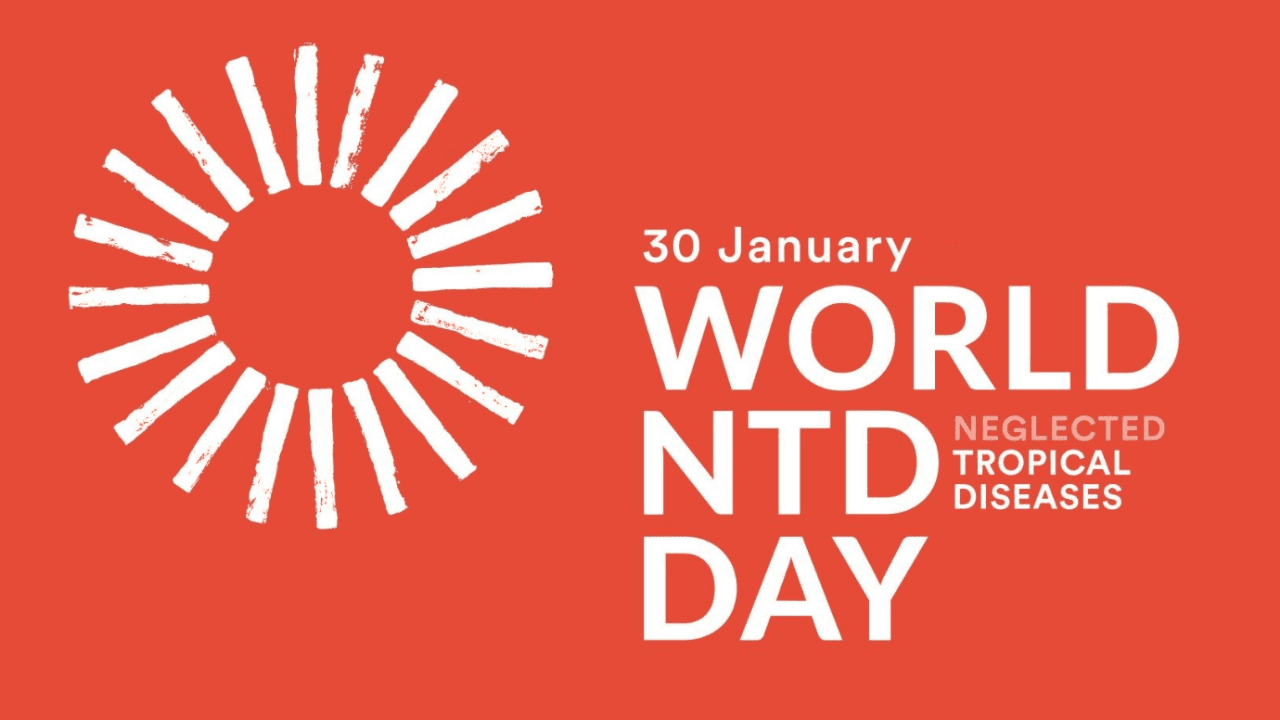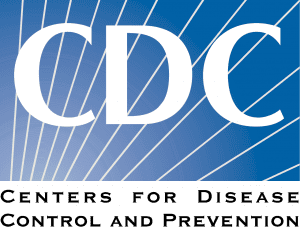Neglected Tropical Diseases (NTDs) are a group of conditions that affect over a billion people, most of whom live in marginalized, rural and poor urban areas, and conflict zones. On January 20, 2012, the first NTDS road map was launched, along with the formation of the world’s biggest public-private sector partnership and significant and substantial pledges. For this reason, January 30 th was designated as World NTD Day. The World Health Organization (WHO) released a new NTDS road map in 2021 that sets global targets and milestones to prevent, control, eliminate or eradicate 20 diseases and disease groups.
“The road to eliminating these terrible diseases is long,” explains Dr. Daniel Griffin, co-founder and president of Parasites Without Borders. “There are thousands, if not millions, of pieces to this puzzle. It takes a high level of collaboration and cooperation. And there are amazing people out there doing the necessary work. Through Parasites Without Borders, we’re thrilled to do our part by supporting education and providing free resources for healthcare workers, policymakers, researchers, students – anyone who wants to contribute to the mission of ending human suffering due to these preventable conditions.”
NTDs are caused by various pathogens, including viruses, bacteria, parasites, fungi, and toxins. Many disproportionately affect children, girls and women, and the elderly. Some diseases leave sufferers with permanent visible and psychological scars. Children can be left with lifelong nutritional deficits and physical impairments. These conditions are preventable and treatable but continue to have devastating health, social, and economic consequences. The epidemiology of NTDs is complex and often related to environmental conditions. Many are vector-borne, meaning transmitted by living organisms, vectors, like parasites, viruses, and bacteria. NTDs include: Buruli ulcer; Chagas disease; dengue and chikungunya; dracunculiasis; echinococcosis; foodborne trematodiases; human African trypanosomiasis; leishmaniasis; leprosy; lymphatic filariasis; mycetoma, chromoblastomycosis and other deep mycoses; noma; onchocerciasis; rabies; scabies and other ectoparasitoses; schistosomiasis; soil-transmitted helminthiases; snakebite envenoming; taeniasis/cysticercosis; trachoma; and yaws.
“Many of these vectors have very complex life cycles,” says Dr. Griffin. “And in a world that is constantly in flux, with ecological conditions like climate changes and catastrophic weather, and human conditions, like war and economic barriers – progress can be difficult, making public health control a constant battle. We don’t want part of that battle to be accessing scientific resources. That’s why Parasites Without Borders strives to provide every medical professional, clinician, and educator with free resources that contain accurate, scientific, and up-to-date research.”









